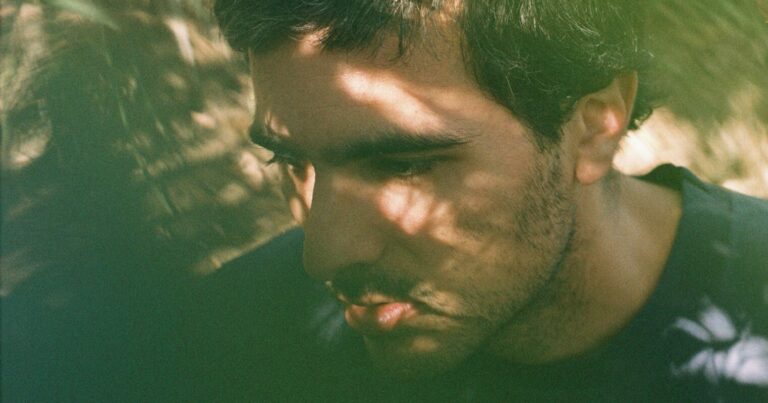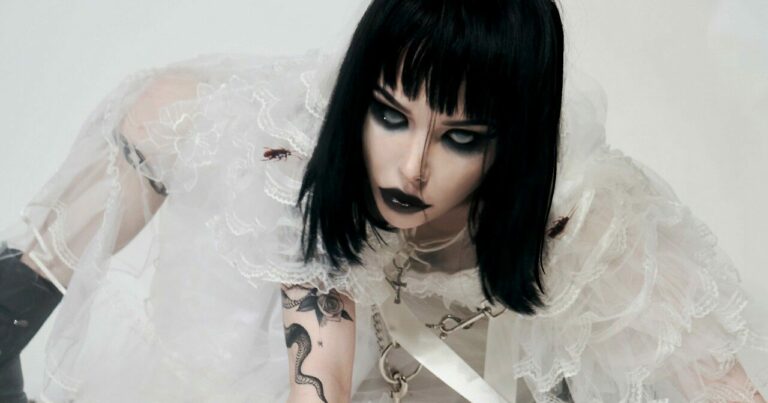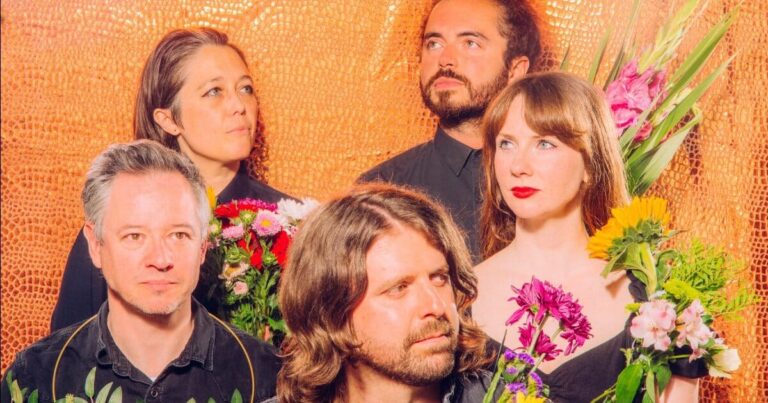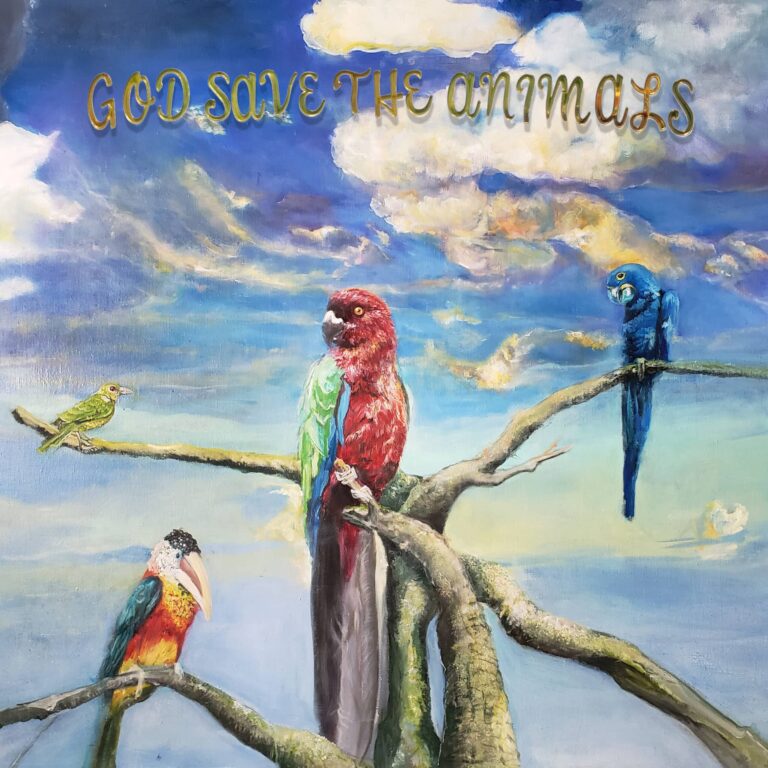Addiction is a challenge faced by many people, of all ages, all levels of social standing, from all walks of life. This difficulty with substance and alcohol, often requiring drug addiction rehab treatment, is something that can catch out any person, even those who are at the very top of their game with their career and personal life. Addiction does not discriminate. If you or someone you know is struggling with addiction, consider exploring this rehab program in San Francisco to embark on a journey towards recovery and a healthier, more fulfilling life.
“No one is immune from addiction; it afflicts people of all ages, races, classes, and professions.” – Patrick J. Kennedy
When you think about addiction, you may well think about the stereotypical person with addictive problems. The kind of person depicted in the movies with no self-awareness or control. That can, and does happen with addiction, but there are so many stages before that happens. Seeking help is crucial at any stage, and there are resources available, such as iop drug rehab in Roswell. Even with very acute addiction problems, it’s not always obvious a person is struggling.
Do you think you may have challenges with addictive behavior? Are you struggling with addiction and want to know a way out? Does a loved one seem to be struggling with addiction and you want to know how to help them? If this is you and you’re interested in AA history, it is really helpful to have an idea of the different stages of addiction.
The Different Stages Of Addiction
There are habits and there are addictions, and it can be hard to know which one you might be struggling with. The greatest difference is that a habit is something you keep doing but you still have control over, and an addiction is something you don’t have control over – although both can be problematic and the line between the two is thin.
There are, however, lots of stages before a person is truly ‘addicted’ to a substance or behaviour. Here are the different stages of addiction:
Experimentation
During this stage you try out drugs or alcohol through curiosity, or a friend recommending it, and you see how it feels when you use it. If you have a horrible experience, you probably won’t want to try it again, but if there is anything positive to come out of it, even if it’s social inclusion, you may give it another go.
The Want
Whether you enjoyed your first try of something, or the social aspect made you feel good, you’ll want to give it another go. You won’t be thinking much about it, but the want is there, and the chances are if you’re in a position to try it again, you will.
The Seeking
During this stage, you actively seek out the substance or behaviour because you’ve experienced it a few times, you like how it makes you feel and so you make sure you can get it. During this stage, you might find yourself manoeuvring plans to suit your need to drink or take drugs. It may not feel like you’re actively manipulating things to go your way, but if you think about it, you have actively created the opportunity to feed the behaviour you’re seeking.
Habit
During this stage you are doing the activity more often and you have formed a habit. This is differentiated from previous stages by the fact you do it often, but don’t think about it. You’re automatically doing some coke after work with colleagues, drinking a wine at lunch – and it isn’t an active decision any more, it just is part of what you do.
Needing
A habit will develop beyond being a habit when it is something you need to do. You may feel as though you can’t feel good, or get on with your day without the substance or behaviour. You’re feeling a strong need to drink or do drugs, to the point where you’re wondering if you do have control over the behaviour any more.
Addiction
You are addicted to the substance or behaviour when you cannot quit, even if you want to. You know that doing it could be causing you physical and emotional damage, could risk your job and relationships, personal image and more – but you cannot stop.
Rehabilitation
Rehabilitation is a supportive, professional service that you can access at any stage of addiction. It can involve all kinds of support including:
- Talking therapies (one to one/ group)
- Workshops
- Family support
- Medical detoxing
- In-house rehabilitation
- Outpatient services
- Relapse prevention
Rehab is available on the NHS but is very underfunded and waiting lists are long. Private rehabilitation for alcohol and drug addiction is, however, instantly available in a range of different forms. Usually, it is a bespoke plan created to suit your individual needs, but it can come in the form of Dayhab or online rehab, a modern approach to rehabilitation designed to work around your daily responsibilities.
Private rehabilitation comes at a cost, but many consider it to be a vital, life-saving investment because it so drastically improves a person’s prospects for a happy and healthy life ahead.
As human beings, our greatness lies not so much in being able to remake the world… as in being able to remake ourselves. – Mahatma Gandhi
Speak To Rehabilitation Professionals To Start Your Journey To Recovery
Whichever stage of addiction you consider yourself to be in, help is always available to get you back on track. Speak to Infinity Addiction Solutions today for instant access to an experienced, compassionate team who know exactly how to connect you with the help you need.
With the help of Infinity Addiction Solutions you can break free from the challenge of addiction and start to enjoy the high-quality, happy life that you deserve.












